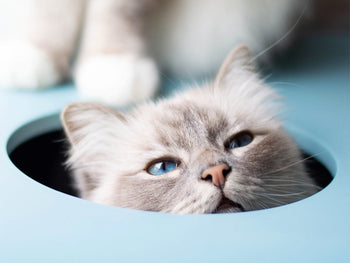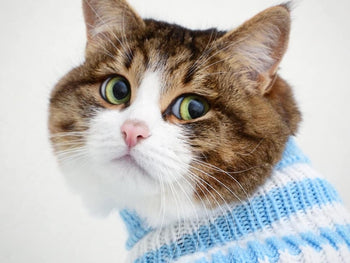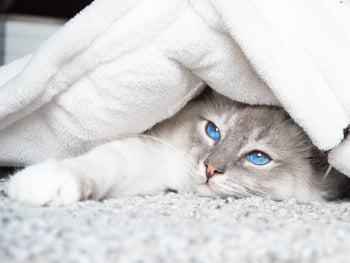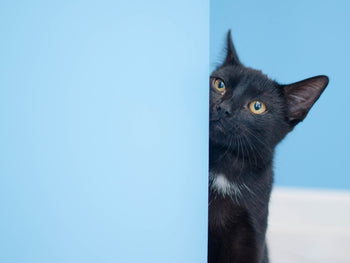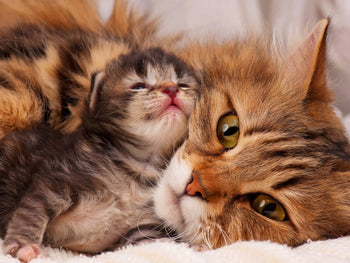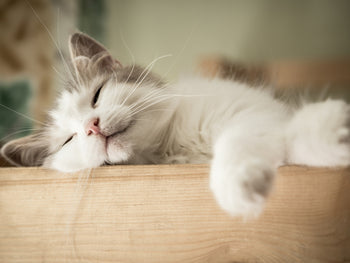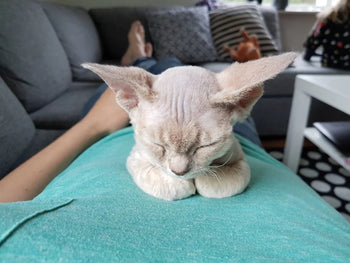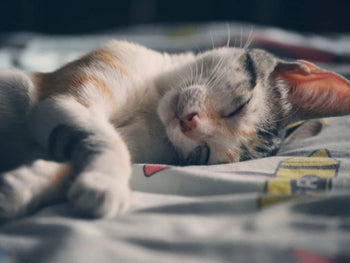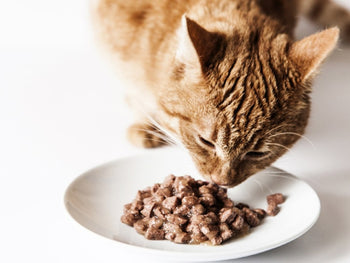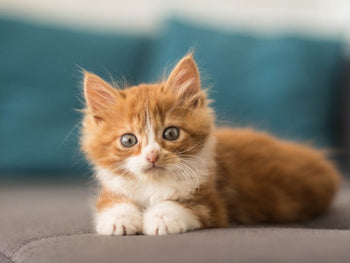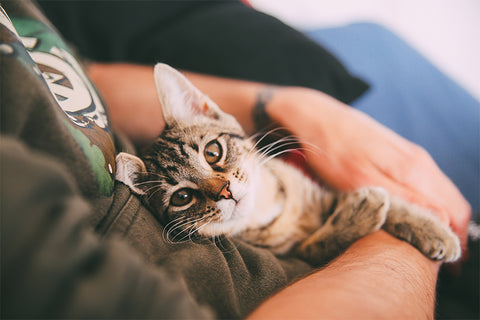
Once it comes to tail chasing, lots of people tend to assume that such behavior is only common in dogs. Well, contrary to popular belief, the average felines also go bonkers over their tail from time to time as well. In most cases, tail chasing in cats is quite fun to watch but keep in mind that it might indicate underlying health issues. Therefore, if feline experts hear questions like "why does my cat chase his tail", they always advise the cat parents to adopt a careful approach.
So you want to know why your furball is relentlessly chasing after its own tail? Is that is so, you come to the right place. Down below, you shall find everything that you must remember about tail chasing in cats from what motivates them to how to mitigate the behavior.
Why Cats Chase Their Tail
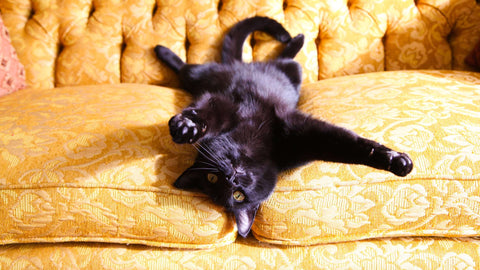
All in all, tail chasing in cats is pretty normal for most of the time. While different cats often have different characters, they would lunge toward their tail because of:
-
Natural Hunting Instincts
These kinds of days, cats usually grow up as indoor pets with consistent access to food and water so they don't have to hunt. That being said, the felines remain predators at heart which means lots of things could trigger the hunting instinct of the pets: sound, smell, motion,... That is why once cats catch sight of their own tail, they might go nut over it for some time. Fortunately, as the feline age, the enthusiasm should settle down without intervention from the outside.
-
Lacks Of Stimulation
While cats seem like low-maintenance pets, they still require a certain level of stimulation. If your kitty finds the surrounding too dull for its taste, it's going to entertain itself using whatever available. On several occasions, the tail just happens to be on top of the list and by indulging in tail chasing, the felines relieve their boredom. So if you catch your fluffy friend chasing its tail, it's a good idea to considering extending play sessions. In the case you lack the time for that, drop by pet stores and buy a couple of interactive toys.
-
Desires For Attention
Despite the fact that a few cats don't bother too much with humans, others do like to get attention from people in the house. Since pet owners tend to be attracted to cat chasing tails, the felines might realize that if they chase their tail, they could set what they want: compliments, petting, treats,... So in the case you show your fluffy friend positive encouragements for its tail-chasing, it would likely repeat that every once in a while. Because of that, always keep your reactions in check if you want your cat to develop properly, mind and body.
-
Stresses, Anxieties And Fears
Known for being jumpy creatures, cats could become stressed by virtually all kinds of things. While facing stressful situations, the felines resort to various means to relax: hiding, running, grooming, tail chasing and so on. Generally speaking, it's fairly tough for you to create an environment that keeps your cat calm at all times. Nonetheless, cat parents should at least keep the pets as far away as possible from possible stressors so the pets don't go nuts over their own tail too frequently.
-
Spontaneous Urges
In certain cases, the best answer to the question of "why does my cat chase his tail" is plain: "Because he wants to do that". After all, the felines have a reputation for behaving oddly out of the blue without apparent reasons so sometimes, it's just pointless to explain every behavior of the pets.
Check us out for further detailed cat's health guide!
Is It Necessary To Make An Appointment With The Vets
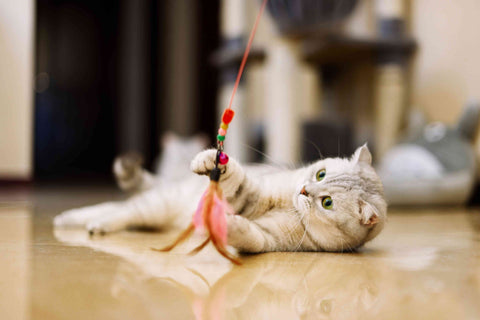
Overall, it's natural for cats to act a little crazy with their tail but if your kitty happens to have the following symptoms, get it checked by veterinarians immediately:
- Dilated pupils
- Sensitive to touch
- Loud, depressing meowing
- Fixation with the tail (swishing, chasing, attacking, ...)
From something as simple as allergies to serious conditions like hyperesthesia, a lot of issues could make your furball lunge toward its tail without restraint. That is why if you ask yourself "why does my cat chase his tail", you need to keep an eye out for other odd signs. In the case that you have even the slightest doubt regarding the well-being of your cat, take it straight to the local veterinary clinic. Once the health of your fluffy friend is at risk, it's impossible for you to be too careful here.
Addressing Tail-Chasing In Cats: Some Suggestions for Cat Parents
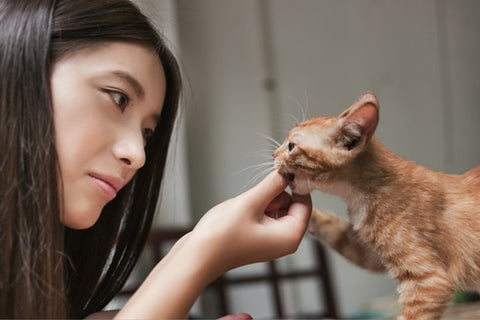
After leaning various answers to the question of "why does my cat chase his tail", you know that the behavior is normal in the felines. Still, if you believe that the tail-chasing of your cat is getting out of hands, you have several solutions.
-
Place Diversions Throughout The House
So it seems that your furball is up for another rousing session of tail-chasing? Then all you have to is to distract it using toys, treats and so on. If you manage to take the mind of your cat off its tail, you would be able to regulate the tail-chasing to some degrees.
-
Think About Adopting More Cats
A lot of cats indulge themselves in tail chasing because they don't have playmates. That means the entire situation is going to improve markedly if you manage to introduce more cats into the house. Keep in mind that instead of shoving the felines into the same room all at once, take things slow at first so the pets could get to know each other.
-
Make The House Cat-Friendly
Looking for more interesting Cat Tips & Facts? Visit Cattybox !
